Friday, 10 May 2024
Menu
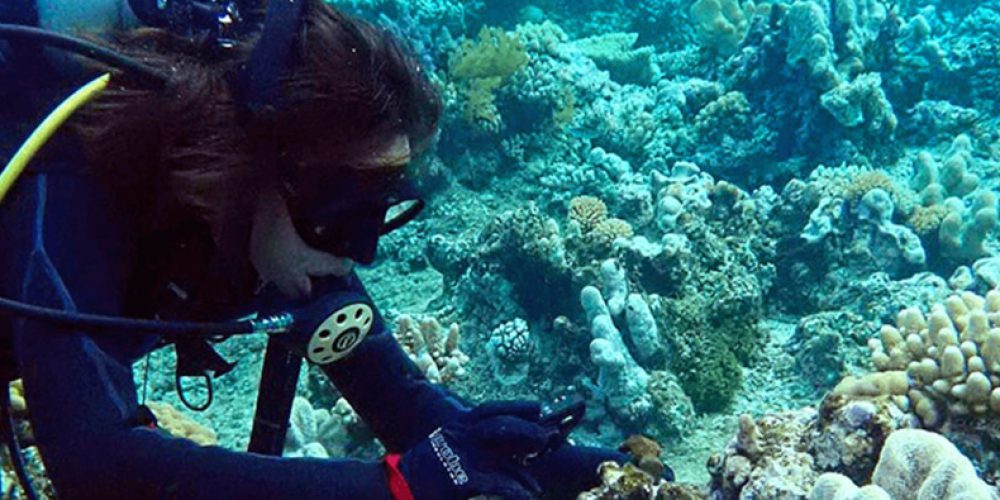
The new corals were discovered during work carried out by researchers at King Abdullah University of Science and Technology and James Cook University collecting information and documenting the Great Barrier Reef in order to still effectively fight for its improvement in the near future.
In recent years, this magnificent and largest coral reef in the world has been going through a serious crisis and in many places is simply dying. This is not unique, as coral reefs in many places around the world are dying as a result of many unfavourable factors and lack of proper protection.
“During almost every dive we found new coral species that had never been accurately described or classified before. The new species we found means that the biodiversity of some groups is up to three times higher than we expected,” said Dr Francesca Benzoni, Associate Professor of Marine Science
The expedition’s results revealed that the hard coral species Acropora hyacinthus, previously thought to be a single species, could potentially consist of five different species, some with very restricted ranges. The team also conducted the first survey of black corals located on the reef.
“Australia has in its care the world’s largest coral reef system, a World Heritage Site, and it is its responsibility to manage it to the best of its ability. Understanding the diversity of species found on reefs underpins virtually every area of research and conservation. ‘We need better trained taxonomists – biologists who can group organisms into categories – and more funding to re-evaluate the taxonomy of common groups found on the reef, including hard, soft and black corals,’ said Professor Andrew Baird of the ARC Centre of Excellence for Coral Reef Studies at James Cook University
The completed research expedition will yield yet more results to better understand the diversity of individual species and their distribution on the reef. These discoveries will improve the management and conservation of the Great Barrier Reef by showing how many coral species are present, how common they are and where specific species can be found.
The team of researchers also discovered many species not previously encountered on the reef, resulting in a wealth of new material for scientific research. The end of the research conducted underwater is just the beginning and the first stage of this project. Now it is time to describe and catalogue the information gained.
Source: kaust.edu.sa

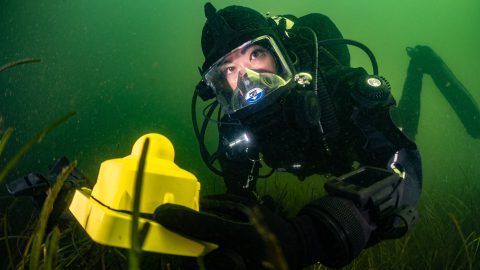
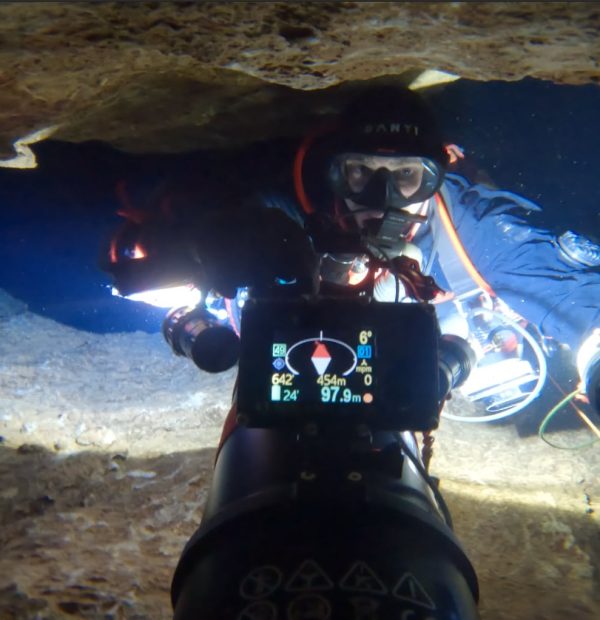

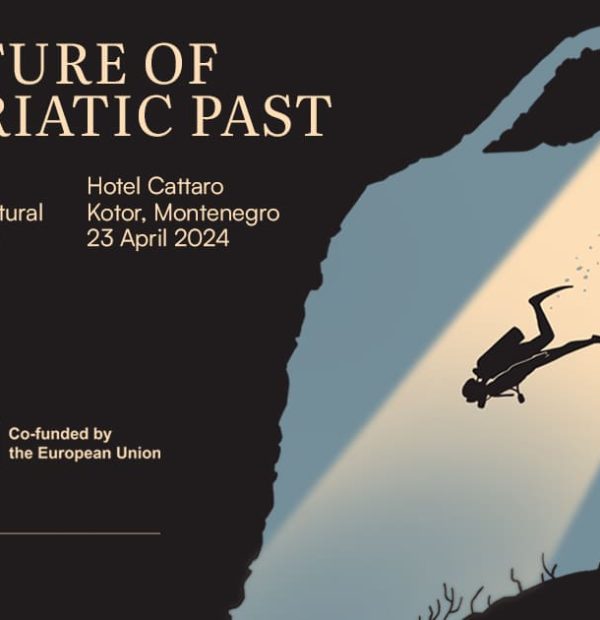
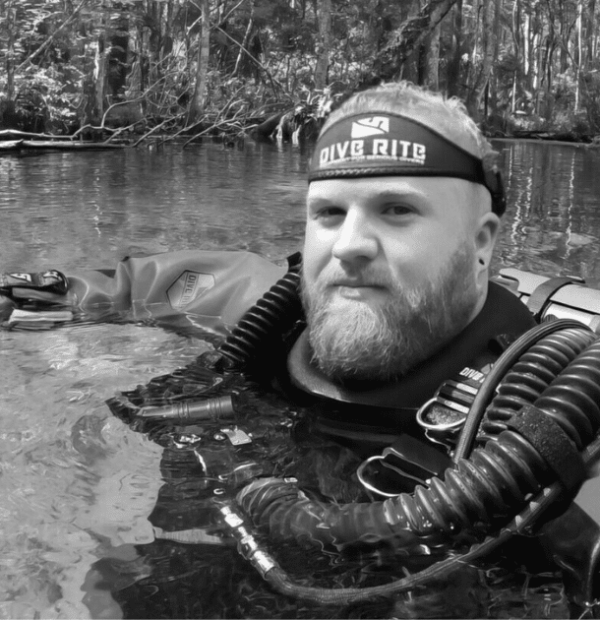
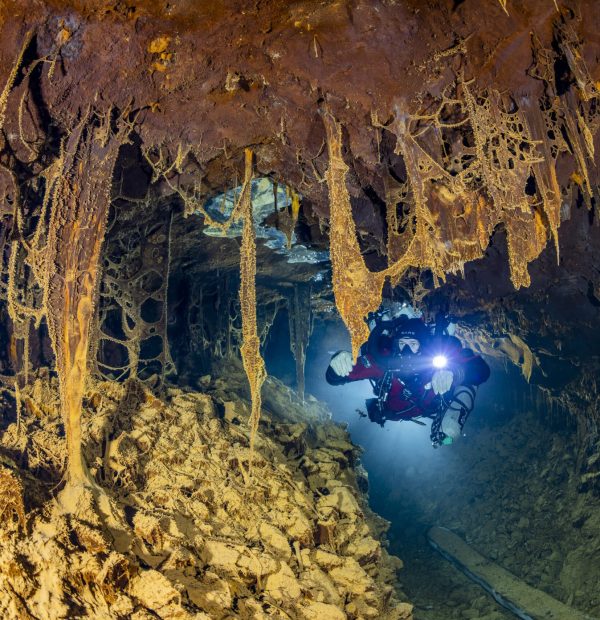
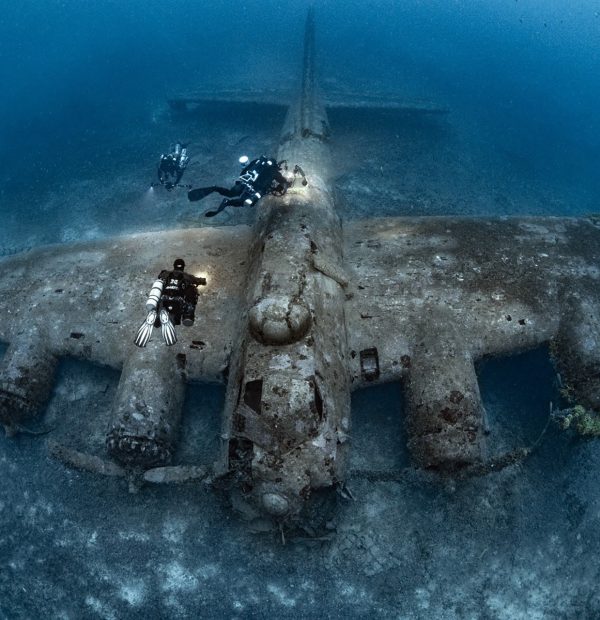


Welcome to DIVERS24.COM, your daily source of scuba news, freediving, scuba diving information, and equipment reviews. Our comprehensive coverage of the dive industry from A to Z provides you with all the latest scuba news, training updates, underwater photography tips, and everything else related to scuba diving. Whether you’re a beginner or an experienced diver looking for more knowledge about scuba gear or techniques – we’ve got it covered! With our in-depth articles written by experienced divers who have been there and done that, you are sure to find exactly what you need here at Divers24.com. Dive into scuba news today!
Underwater Media Sp. z o.o.
Szafarnia 11/F8,
80-755 Gdansk, Poland
Welcome to DIVERS24.COM, your daily source of scuba news, freediving, and scuba diving information. Sign in for a weekly news update and discount coupons for dive gear and apparel.
@2023 - underwatermedia.pl. All Right Reserved. Designed and Developed by Tworzenie stron internetowych Gdansk

The Divers24 portal is currently the largest online medium treating diving in Poland. Since 2010 we have been providing interesting and important information from Poland and around the world on all forms of diving and related activities.
Contact us: info@divers24.com